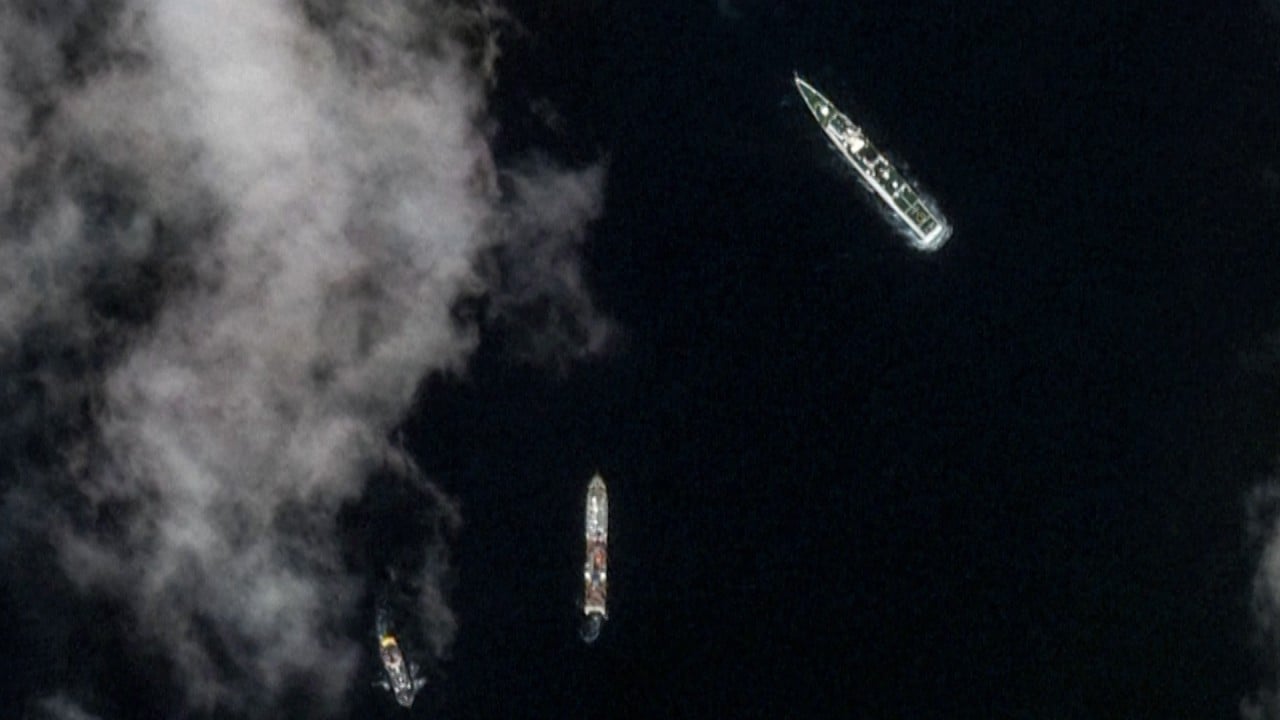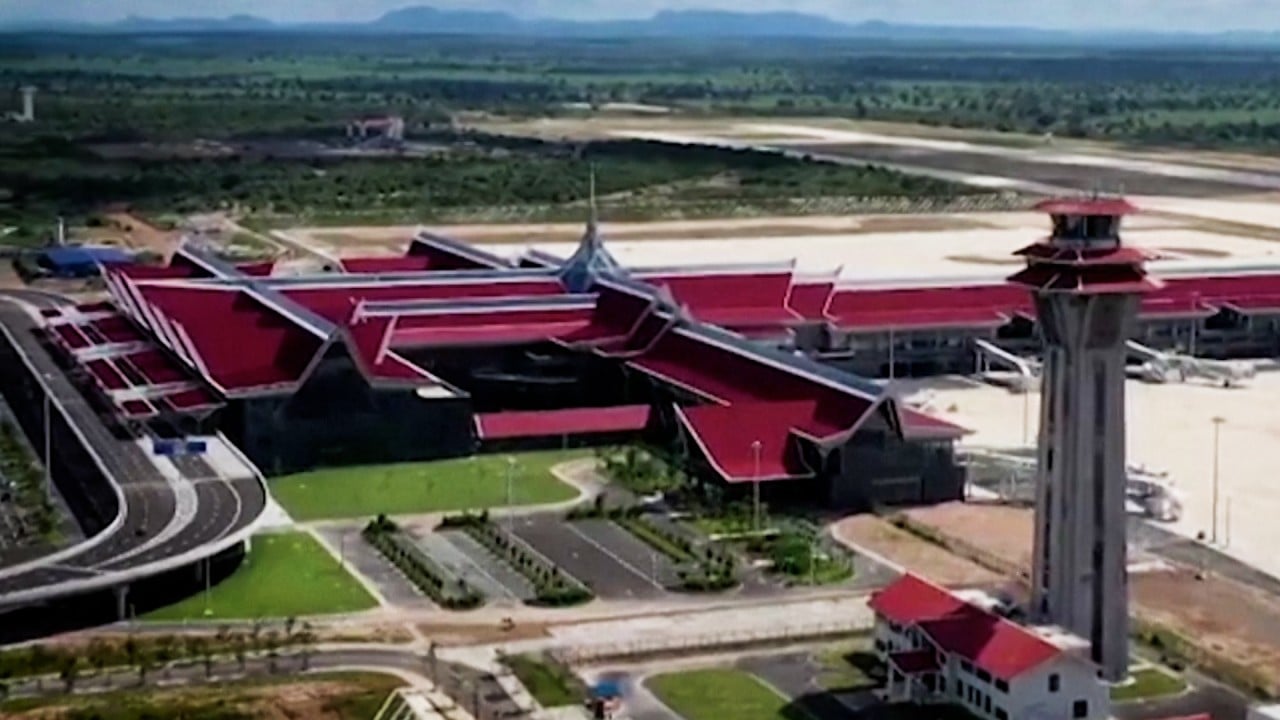
US has ‘serious concerns’ about Chinese-funded upgrade to Cambodian naval base, senior diplomat Daniel Kritenbrink says
- Assistant US secretary of state Daniel Kritenbrink says he raised issues around Ream base during Phnom Penh visit
- He said Washington was also worried by China’s ‘coercion to intimidate partners’ regarding South China Sea
The United States has expressed “serious concerns” to Cambodian officials about the Chinese-funded upgrade of a Cambodian naval base, a senior US diplomat said.
Kritenbrink, who last week visited five Southeast Asian nations – Singapore, Cambodia, Thailand, Vietnam and Brunei – said while his meeting with Cambodian Prime Minister Hun Manet was “very productive, very positive and very candid”, he also addressed matters that worried Washington.
“The United States and a number of countries in the region have expressed serious concerns about the intent, the nature and the scope of construction around [the Ream] naval base, as well as the role that the PRC [People’s Republic of China] military is playing in this process, and in the future use of the facility,” Kritenbrink said.
“I underscored, whether it was related to Ream or a range of other issues … America’s approach to the region is to ensure that our partners continue to have choice, and that partners continue to be able to preserve their own sovereignty.”
Ream naval base in southern Cambodia was upgraded with Chinese investment in 2022-23, which sparked concerns from Washington about the transparency of the port’s intended purpose and the role of the Chinese military.
China’s ‘two sessions’ 2024: what foreign minister said on US, Taiwan and Ukraine
In Southeast Asia, despite increasing military tensions over the South China Sea between China and the Philippines involving vessel collisions and the use of water cannons, Cambodia, which has no claims to the waters, has been a bystander.
Beijing and Phnom Penh have close military and economic ties and many Chinese state-owned firms have invested in transport, agriculture, mining and energy infrastructure in Cambodia, with Hun Manet describing China-Cambodia ties as an “ironclad friendship” during his meeting with Chinese President Xi Jinping in September.
Kritenbrink said he also discussed the South China Sea during his trip to Southeast Asia where he said claimant states were “especially concerned” about the situation in the disputed waters.
“So our goal … is to promote peace and stability, security and prosperity, promote respect for international law, peaceful resolution of disputes … if we do that, we maximise our chances of preventing miscalculation and conflict and again, promoting peace and stability,” Kritenbrink said.
Is France visit a sign Cambodia is moving away from ‘ironclad’ China ties?
“I think we’ve seen in a number of instances where the People’s Republic of China has taken a number of steps in the South China Sea that both run counter to international law, but that also utilised coercion to intimidate partners in ways that we find deeply unacceptable, and destabilising.”
Kritenbrink added that in the Indo-Pacific the US was focused on investing in the “collective capacity of partners,” stressing that Washington would provide diplomacy, maritime capacity investment and US military presence for its Southeast Asian partners in response to the situation in the South China Sea.



